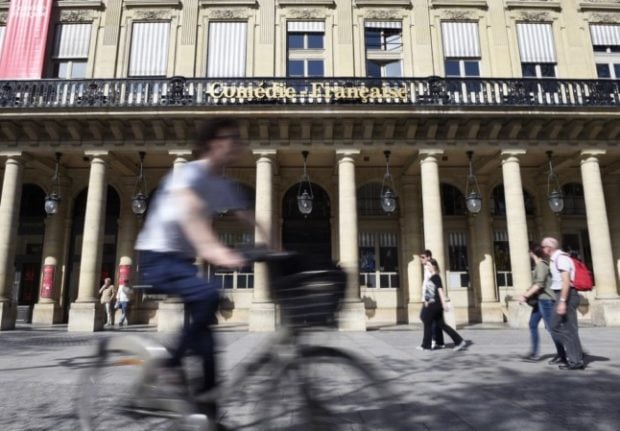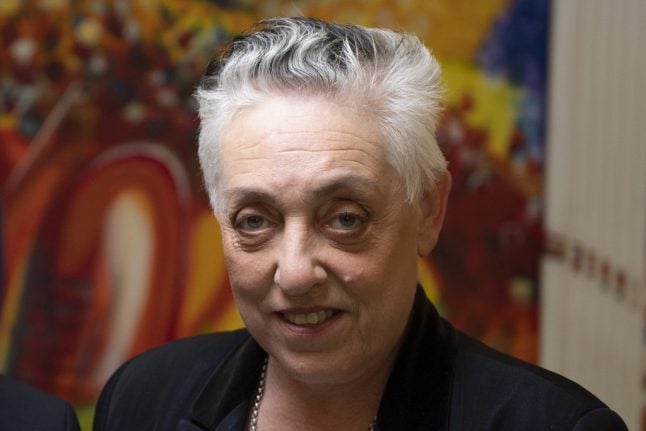Baptised on January 15, 1622, and probably born a day or two before, Moliere – real name Jean-Baptiste Poquelin – remains as central to French culture as Shakespeare to the English-speaking world.
When the French refer to their native tongue, it is as the “language of Moliere”.
Many of the celebrations will be staged in places that marked his life as an actor, company director and playwright, but above all at the Comedie-Francaise, created by King Louis XIV in 1680, seven years after Moliere’s death.
His plays alone will be performed at the Paris monument to Moliere until July, starting from Saturday with the original censored version of “Tartuffe”, which will be shown live in cinemas too.
The play is considered to have practically invented the “comedy of manners” satirising the moral hypocrisies of high society.
“The Imaginary Invalid”, “The Miser” and “The Bourgeois Gentleman” will follow at the Comedie-Francaise, the longest-running theatre company in the world, performing his work every single year since it opened.
‘He’s everywhere in the air’
The theatre near the Louvre museum, “is anchored in the quarter where he lived and where he died and he’s everywhere in the air,” Comedie-Francaise actress Dominique Blanc told AFP.
“I have a relationship with him like a friend,” she said.
Actor Denis Podalydes said he was not “superstitious” about any presence of Moliere’s spirit at the theatre. “He sleeps in his works until we play them (and then) there’s something very lively,” he said.
In Versailles, where Moliere enjoyed Louis XIV’s patronage, several of the best known plays will be performed in their original versions as “comedies-ballets”, collaborations with Baroque composer Jean-Baptiste Lully.
The town on the western edge of Paris holds a Moliere month every summer and a statue by Xavier Veilhan will be unveiled in May following a Moliere exhibition opening on Saturday.
Moliere fled Paris at 23, spending the next 13 years with a travelling troupe and anniversary events will be held up and down the country. Saturday will see another statue unveiled at Pezenas, in the southwest, where Moliere stayed repeatedly in those early years.
The historic heart of the town will be taken over by scenes from the plays and his life. An official Moliere stamp will be offered as a pre-issue.
The CNCS national centre for theatre costume at Moulin, in central France, will open a “Moliere in costume” exhibition, at the end of May.
The Paris Opera will celebrate the anniversary with “Moliere in Music” from September.
The playwright left little trace of his personal life and the only one of his four children to survive to adulthood, lost his manuscripts.
Despite the myth, Moliere did not die on stage, but shortly after a performance – as the hypochondriac Argan – at home on the Rue de Richelieu on February 17, 1673.



 Please whitelist us to continue reading.
Please whitelist us to continue reading.
Member comments